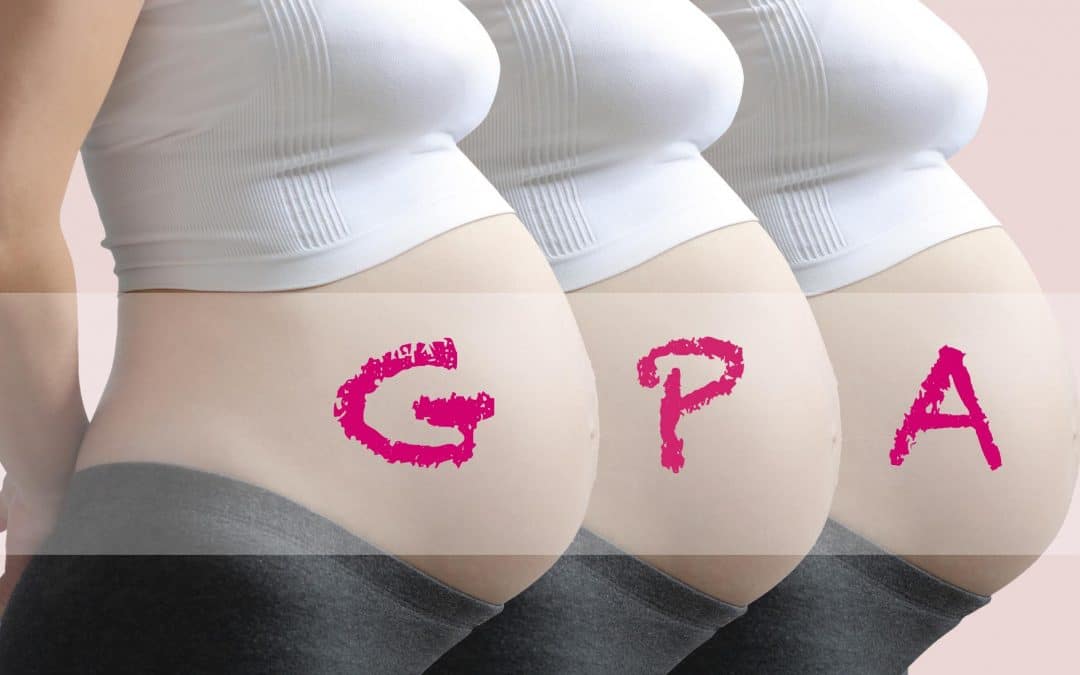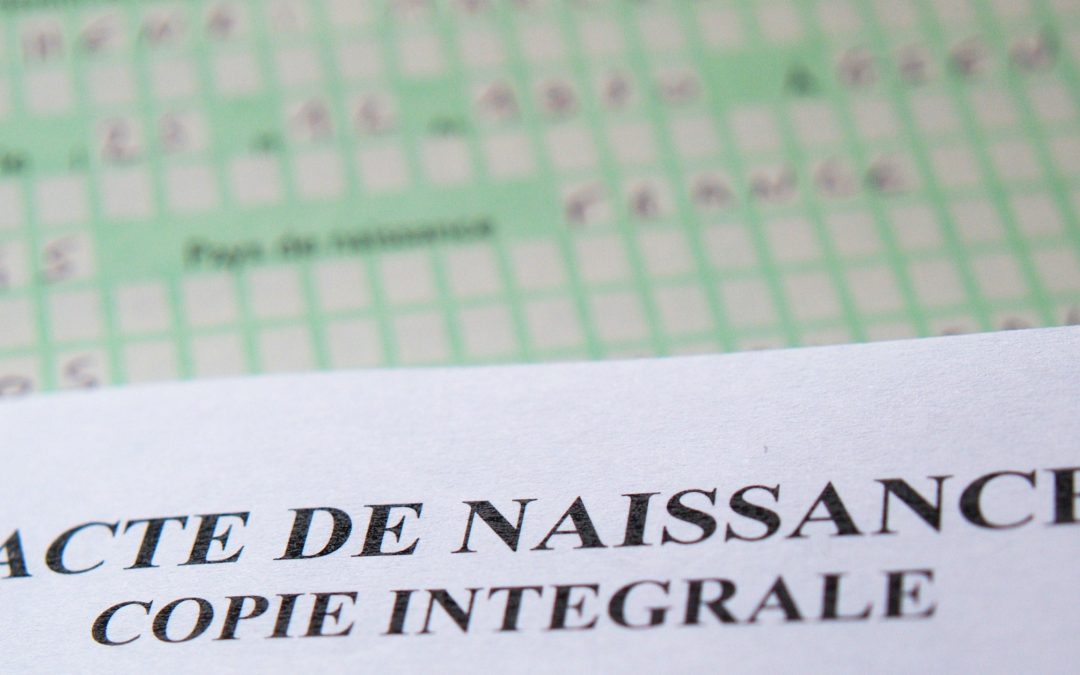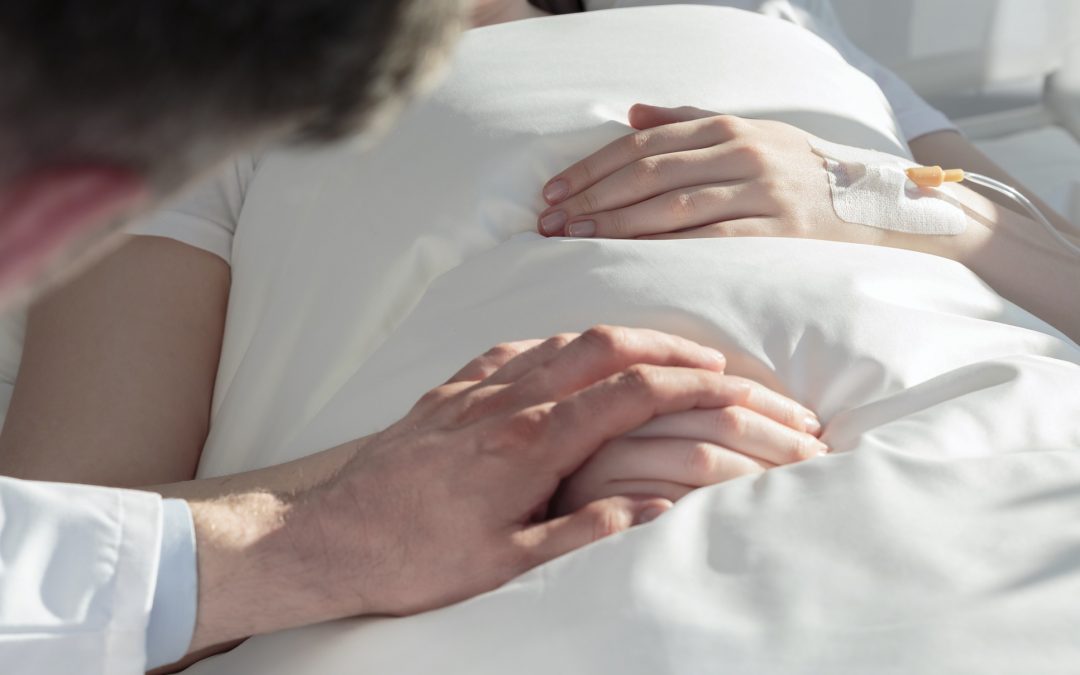![[Press Release] Alliance VITA Launches a Poster Campaign in Paris against the Bioethics Bill](https://www.alliancevita.org/wp-content/uploads/2019/12/la-societe-progressera-header-vita-v1-1080x500.png)
by Alliance VITA | January 2, 2020 | Bioethics Law, Press Releases
On January 8, 2020 Alliance VITA launched an unprecedented poster campaign, just a few days before the Senatorial Commission was to resume the debate on the bioethics law. To alert on the dangers of this reform Alliance VITA had installed 400 posters in the train stations of Paris and in the streets
French parliamentarians will soon be continuing their discussion on key issues to review the bioethics law: motherhood and fatherhood, disabilities and human life. Alliance VITA points out that it is essential that bioethics should make a distinction between real progress on the one side and discrimination and injustice on the other side. What is feasible is not necessarily desirable.
Denaturing motherhood with frozen oocytes
Should we call it progress when women are imposed hormonal treatments, without any medical reason, to achieve motherhood, an illusory promise which can never be guaranteed?
Selecting unborn children based on genetic criteria or physical capacities
Should we call it progress when the most vulnerable are eliminated instead of accepting them and trying to better accommodate their needs?
Allowing Reproductive Techniques to Erase Fatherhood
Should we call it progress when man’s role is just to supply gametes?
Using human embryos as lab material, allowing genetic modifications, and the creation of animal-human chimeras
Should we call it progress when human integrity is ignored and scientists are playing God ?
Tugdual Derville, Alliance VITA’s General Delegate :
“In a democracy, the messages on these posters should not be considered controversial, and for most French citizens they are not. Life in society is based on four principles of human ecology: the respect for fatherhood, motherhood, respect for differences and human life. Isn’t it a proof of our humanity to protect the development of every human life, and to be supportive for the most vulnerable? We insisted on these vital principles to encourage the government, the legislators and each French citizen to stand firm against bioethics dangers such as minimizing the role of the father, denigrating maternity, increasing eugenics, and manipulating human embryos. We wish to remind President Macron, that France, as the emblematic country for defending human rights, should not let human procreation become an open procreation market where the rich and powerful would inevitably dominate the poorer and weaker citizens.
As a member of “March for the Children!” Alliance VITA calls to support the national protest scheduled on January 19, 2020 in Paris.

by Alliance VITA | December 21, 2019 | Surrogacy, News
On November 25, 2019, the Court of Appeals in Rennes, France recognized the filiation on French civil registration for four children born to surrogate women abroad. This decision is equivalent to authorizing surrogacy, even though it is prohibited by French law.
This volte-face in French law was set in motion on October 4th by the Court of Cassation’s ruling for the Mennesson couple, which the judges qualified as exceptional. The Court authorized for the original American birth certificates to be legally accepted in the French civil registry, whereby the “intended mother” or the female sponsor would be recognized as the mother.
The court thus retained this legal precedent for its’ ruling on the four cases in question, one of which involved a gay couple. Thus, in these cases, the mother is no longer considered to be the woman who gives birth to the child.
Although the families’ requests go back several years, the preamble states that this decision was made under the pretext of avoiding an adoption process which would take far too long.
During the bioethics bill discussions, the position of the French Minister of Justice, Nicole Belloubet, appeared diametrically opposed to this when she stated: “the government has no intention of changing the legal status for children born via surrogacy”. Previously, in September Mrs. Belloubet suggested that an inter-ministerial bulletin be drafted on this subject.
Caroline Roux, Alliance VITA’s Assistant General Delegate :
« On the issue of surrogacy, justice is turning a blind eye to protecting the most vulnerable individuals in order to give satisfaction to individual requests. This is very worrisome and disturbing. On November 20, France has just marked the 30th anniversary for signing the International Convention on the Rights of the Child. Ironically our country is undergoing a serious setback for a child’s right to know his parents and be raised by them, as specified in Article 7 of this same Convention. Indeed, the best interest of the child is being completely trampled upon, in favor of the desires expressed by adults. Simultaneously, women are being considered as reproductive objects and their rights are seriously violated, in contradiction to the fundamental principles of inalienability and non-commodification of the human body. The current authorities’ hostile façade is worthless without a strong political commitment demanding for this case law to be annulled and replaced by a clear prohibition of surrogacy in France, including that of importing surrogate children from abroad. This weekend throughout France the “March for the Children” is organized to denounce these growing and serious violations of human rights and warn our fellow citizens of the increasingly urgent implications inherent in the bioethical bill.”

by Alliance VITA | December 21, 2019 | Death and grieving, News
Human bodies given to science have been stored without any dignity whatsoever in the Paris-Descartes University Center for Donations, for several years and some body parts have been illicitly sold.
First reported on November 27 in the French newspaper, L’Express, the revelations have understandably provoked an outcry. Several photos dating from 2016 have unveiled dozens of corpses which had been stored in deplorable conditions on the facility’s fifth floor.
The article in L’Express has denounced “the pile of decomposed, dismembered, and mutilated bodies of men and women on the floor, where one of the three doors to the cold room is so rusty that it no longer closes properly.” Deplorable conditions for the corpses leading to poor working conditions were reported including temperatures too high, as well as defective and obsolete material.
Already in 2016, the director of the center, Professor Richard Douard, had reported the situation to Frédéric Dardel, the University’s former president, who is now an adviser to Frédérique Vidal, Minister of Higher Education, Research and Innovation, under Edouard Philippe’s government.
Furthermore, the ethical rules, which stipulate using donations for medical research or for training future doctors, were violated: 75% of the center’s 2013 revenue came from the sale of body parts to private companies, manufacturers, and laboratories. Alex Kahn, a former Paris-Descartes University President, revealed the example of using corpses for car crash tests. In breach of these rules for donating human bodies to science, the University’s Board of Directors agreed on a price of 900 € for a human body, and between 420 € to 900 € to perform experiments on their premises, thus fostering a sordid traffic.
According to another previous director at the center, Professor Guy Vallancien (2004 to 2014), and quoted by L’Express: “There was a racket for smuggling body parts.Technicians sold them on Saturday morning to surgeons, who carried them off. Everything could be sold. “
The strong emotions felt at this discovery reminds of the shock in 2005 on discovering the fetuses at the Saint Vincent de Paul Hospital.

by Alliance VITA | December 20, 2019 | News, Surrogacy
On December 18, 2019 the Court of Cassation ruled that children born abroad from surrogacy or ART from third-party donors may now have their foreign birth certificates recorded on French civil registry.
The courts’ rulings regarded two women who had ART performed with a third-party donor in England, and two men, and a male-female couple who employed surrogate mothers in the United States.
The birth certificates issued in the United States and England designate the applicants as the child’s parents. The applicants thus petitioned the Court of Cassation which finally ruled to accept the recording of the birth certificates on the French civil registry as well.
The Court ruled that since the birth certificates respect the laws of the countries where they were issued, they should be registered in the same way in France. Until now, France had rightly voiced its’ opposition to this transcription, since surrogacy is illegal.
In fact, the Court’s decision is consistent with it’s decision regarding the Mennesson case, when it allowed the transcription in the French civil registry of the original American birth certificates of the surrogate twins. At the time, the judges qualified the decision for the Mennesson twins as exceptional.
Nevertheless, on November 25th the court reiterated the same ruling on four additional cases of surrogacy.
Whatever the reasons behind this volte-face in French law and its’ ripple effect, the consequence is that attacks on the rights of children and women are no longer punished. On April 10, 2019 at the behest of the Court of Cassation, the European Court of Human Rights (ECHR) issued the following recommendation: “States are not required to make a full transcription of the birth certificate for a surrogate child born abroad in order to establish filiation with the so-called ‘intended’ mother, since adoption is also a way to acknowledge the filiation”. Recently, on December 12, 2019 the ECHR pointed out the fact that French courts have the right to refuse full transcriptions of foreign birth certificates on its’ civil registry for surrogacy cases.
Caroline Roux, Alliance VITA’s Assistant General Delegate :
With these rulings, the Court of Cassation is defeating the purpose of the law. By supporting surrogacy, French justice is capitulating to individual requests instead of protecting the most vulnerable. The child’s best interest is being seriously ignored and women’s rights are being attacked in an unprecedented way, just for the sake of fulfilling the desires of a few adults. In January, when the bioethics bill is examined, we urge our senators to resolutely reaffirm the ban on surrogacy. We call on them to be consistent with this decision and that includes to refuse the transcription of birth certificates on the French civil registry for surrogate children born abroad since surrogacy is illegal in our country.”

by Alliance VITA | December 16, 2019 | News, Palliative care
Former magistrate Michèle Bernard-Requin, who died of cancer on December 14, had been in palliative care in Paris at the Sainte Perrine Hospital.
In an article published in Le Point, a few days before she died, she paid tribute to the palliative care staff, referring to the palliative care hospital as “an island” and mentioning that her relatives were also considering this care unit for their own end-of-life care. She was also thankful to the caregivers for their attentive service and their genuine empathetic listening, for which they receive a salary judged to be insufficient.
As an ultimate request, in her last letter, she spoke of how this attentive staff is overworked, the demanding physical work for providing such care, and the long overtime hours. “We shouldn’t have a quota on the number of hours. We should foster these smiles, these caring arms to massage the patient’s neck and relieve the pain of metastasis rubbing against the shoulder. This must be maintained. I’m not sure how to express it, but palliative care should not be reserved for a few privileged persons. Rather it should be offered on an ordinary basis for everyone.”
Michèle Bernard-Requin had previously held positions as a lawyer, as a prosecutor, as vice-president of the Tribunal de Grande Instance de Paris, where she presided over the 10th Correctional Chamber of Paris, then General Counsel at Fort de France, before her retirement in 2009.
![[Press Release] Alliance VITA Launches a Poster Campaign in Paris against the Bioethics Bill](https://www.alliancevita.org/wp-content/uploads/2019/12/la-societe-progressera-header-vita-v1-1080x500.png)




